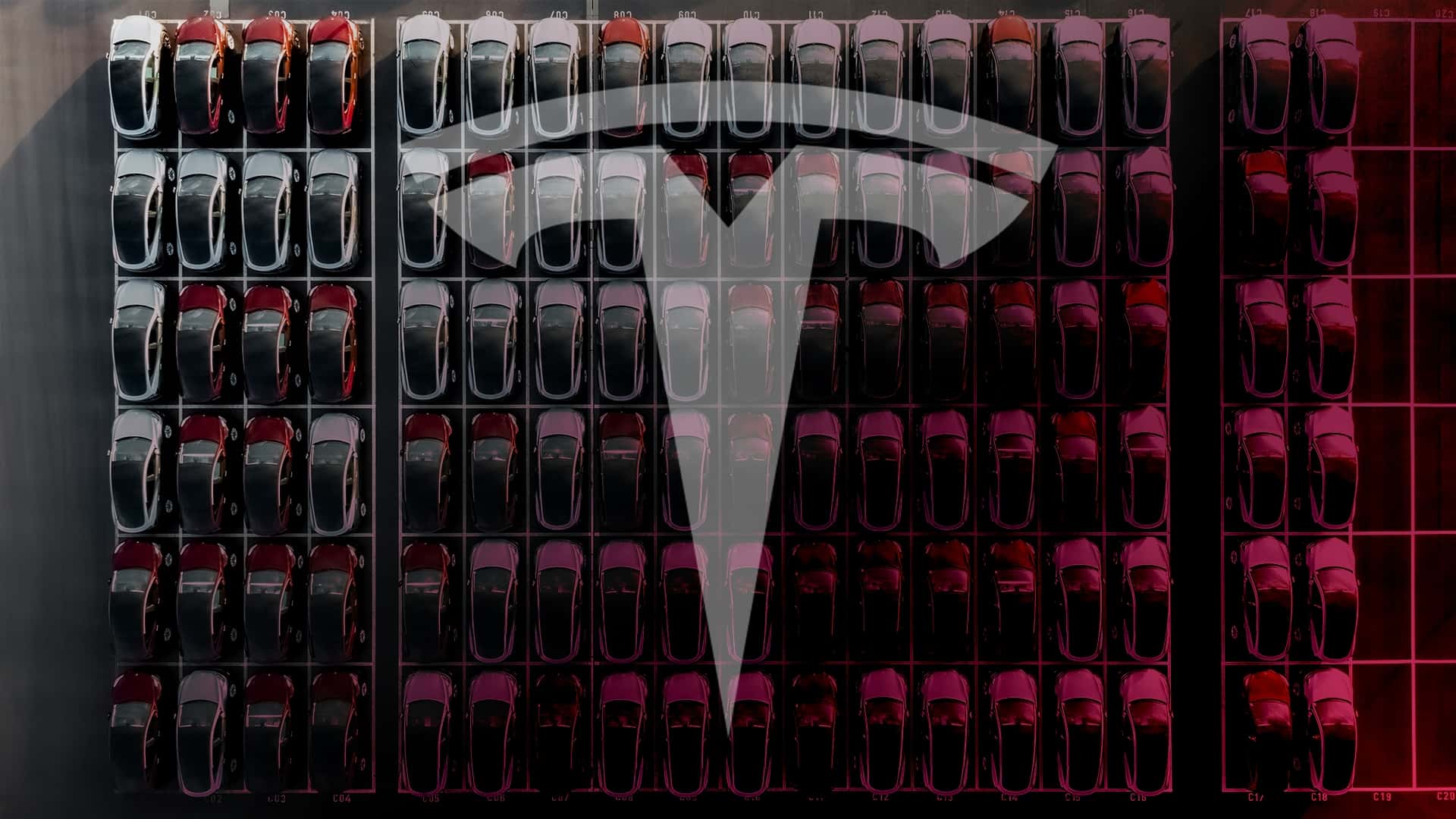
- Tesla made over $11 billion by selling regulatory credits over the past decade.
- Its CEO, Elon Musk, called on the federal government to end all subsidies because doing so would "only help Tesla."
- The government did end all subsidies, and also ended the fines that incentivized automaker to purchase credits from Tesla.
Tesla CEO Elon Musk has personally supported the end of U.S. subsidies in the automotive sector. This was mainly a rebuke to those calling for the end of the EV subsidy by also calling for oil and gas subsidies to be scrubbed, but his preferred solution eventually morphed into a push to get rid of all subsidies, including the EV tax credit and the like.
Well, Musk got his wish—kind of. With the passage of the Big Beautiful Bill, the EV subsidies are going away, and with it, the monetary implications of automakers not being compliant with fleet-wide Corporate Average Fuel Economy (CAFE) requirements. That single move will eliminate a revenue stream that has made Tesla nearly $11.8 billion over the last decade.

Tesla's electric empire wasn't just built on the back of its battery-powered cars. It was subsidized by automakers who purchased regulatory credits from Tesla in order to continue to build gas-guzzlers while avoiding fines from the U.S. government.
Here's how the scheme worked: All automakers have to hit CAFE and emission requirements set by the Federal government. The CAFE requirements have increased fairly steadily year-over-year since 2010 and sat at 49.2 miles per gallon in 2024, although this number includes EVs, changes based on vehicle size and is massively complicated by a variety of factors. Any automaker that didn't meet this requirement could purchase carbon credits from automakers who had a surplus of credits (like Tesla) to bring themselves below the cap, avoiding fines with (typically) cheaper credits.
It started out small, but as Tesla made more and more vehicles, it began to amass a large number of these credits that it could sell to other brands. Eventually, hundreds of thousands of dollars in revenue turned into millions. Millions turned into billions. And even recently, the sale of regulatory credits have become nearly a third of Tesla's revenue.
“These regulatory credit sales are the reason that Tesla exists today,” said Gordon Johnson, an analyst with GLJ Research. He continued: “Without regulatory credit sales, Tesla loses money in its core business."
To Johnson's point, Tesla is reliant on regulatory credit sales today as a foundational part of its revenue. These credits have been so in-demand in the past that automakers have reportedly turned to long-term contracts with Tesla so that they could purchase them.
These credits will soon become worthless under the new Republican-led tax and spending bill. The financial penalties for automakers not meeting CAFE requirements are removed, meaning that automakers won't be penalized for failing to hit that MPG requirement that incentivized them to spend money with Tesla for the past decade.
Analysts at William Blair and Co. say that the loss of regulatory credit revenue will “result in a direct hit to profitability [for Tesla]” and anticipate demand to fall by around 75% in 2026 before completely disappearing in 2027.
This is what Musk asked for, after all.
Actually, it wasn't as much of an ask as it was a demand—and eliminating wasteful taxpayer spending was one of the core pushes he had when leading up Trump's Department Of Government Efficiency. Now Tesla is reaping what its CEO sowed as its sales have dipped tremendously worldwide thanks to Musk's political activism.
Tesla's brand image has turned toxic. This has led to a global slippage of sales directly correlated with its CEO's involvement in U.S. politics. Perhaps even worse is that with the $7,500 EV tax credit going away, EV sales are expected to "collapse" in the U.S. Meaning that Tesla's home turf will have fewer people buying EVs while the rest of the world looks to other growing options as Tesla's lineup continues to show its age.
Tesla is also rewarding its CEO with a new $29 billion pay package to incentivize him to continue leading the company despite all of this potentially negative news.
Tesla's profitability has long leaned on regulatory alchemy. While it hasn't needed these credit sales to be profitable in years, its reliance on them has certainly grown over the last few quarters (especially as sales have slipped in recent months). Soon that lead will no longer shine like gold and Tesla will have to lean into its actual sales performance for all of its income. This could mean that some drastic cost-cutting is on the horizon, or a serious sales push is needed.
Either way, Tesla's CEO got what he wanted: the EV subsidy is gone. And while it might not "help Tesla" like he predicted, at least not in the short-term, it certainly isn't helping any other automaker either.








